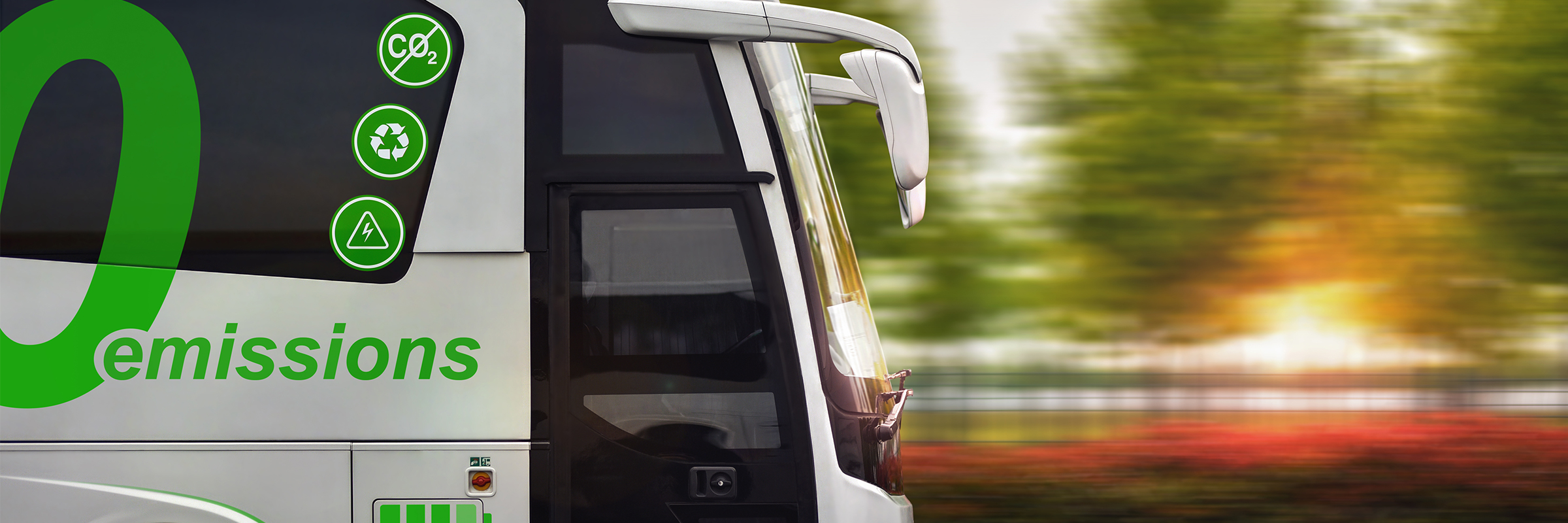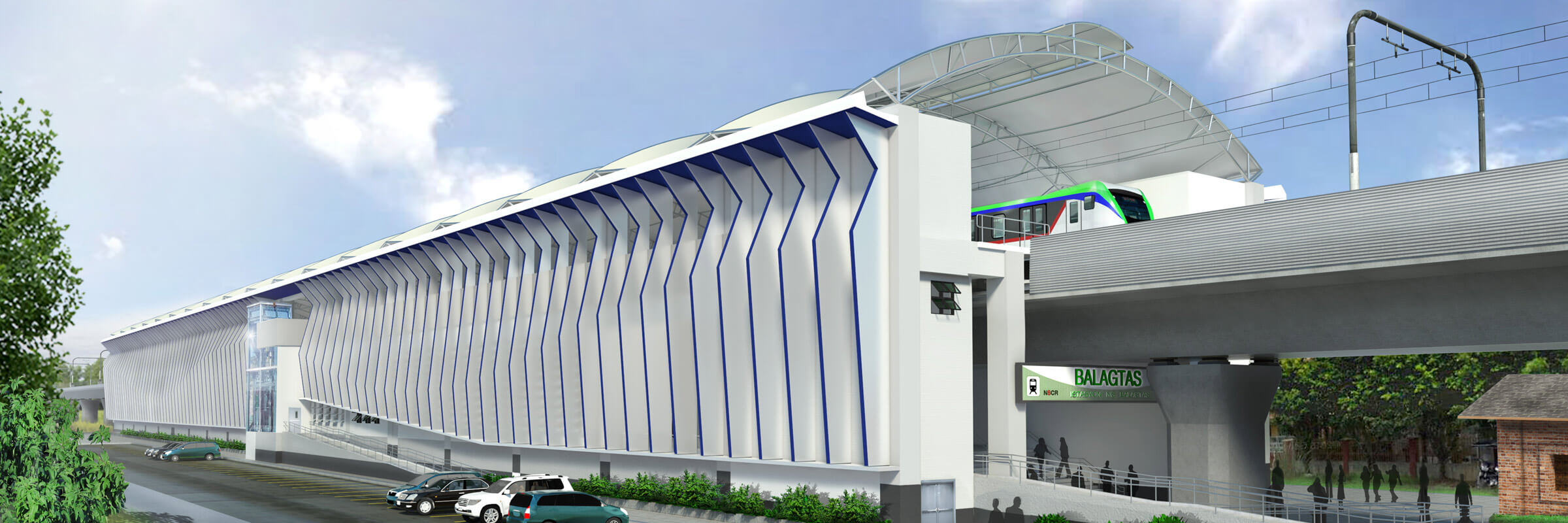

Project Overview
Transport for NSW (TfNSW) have developed a transition strategy to ensure this goal is achieved and are currently in the technical planning stages of transitioning the NSW bus fleet of over 8,000 to electrical/hydrogen powered by 2030.
This transition is critical step to decarbonising the transport sector and will facilitate a plethora of environmental and community benefits such as; smarter technology for greater safety and efficiency on our roads, reduced noise in urban areas and for passengers, improved health and environmental impacts, and the potential boost to NSW economy with significant regional industry development opportunities.
Our Role
SMEC and Mott McDonald as part of the FutureRail Joint Venture are assisting Transport for NSW (TfNSW) with transitioning the NSW bus fleet to zero emissions by 2030. Our role will support the current technical planning stage, through providing design services and technical advisory in relation to infrastructure and operational requirements, helping to facilitate a seamless transition to a fleet of zero emission buses.
We are proud of the opportunity to assist TfNSW with transitioning the NSW transport sector to a net zero future, that when delivered will yield significant environmental, community and sustainability benefits.
“There is no one size fits all approach to transitioning depots, networks and operations from diesel and compressed natural gas buses to zero emission buses. Network managers, operators and industry need to work together to identify fit for purpose infrastructure, address challenges, and refine operational requirements in order to accommodate a unified transition.” Warwick Keating, SMEC’s Associate Transport Planner
“We are proud of the opportunity to work collaboratively to help Transport for New South Wales deliver the objectives of their Zero Emission Bus Transition Strategy.” Derrick Hitchins, National Sector Leader – Transport Planning, Logistics & Analytics
NSW, Australia
Transport for New South Wales (TfNSW)




